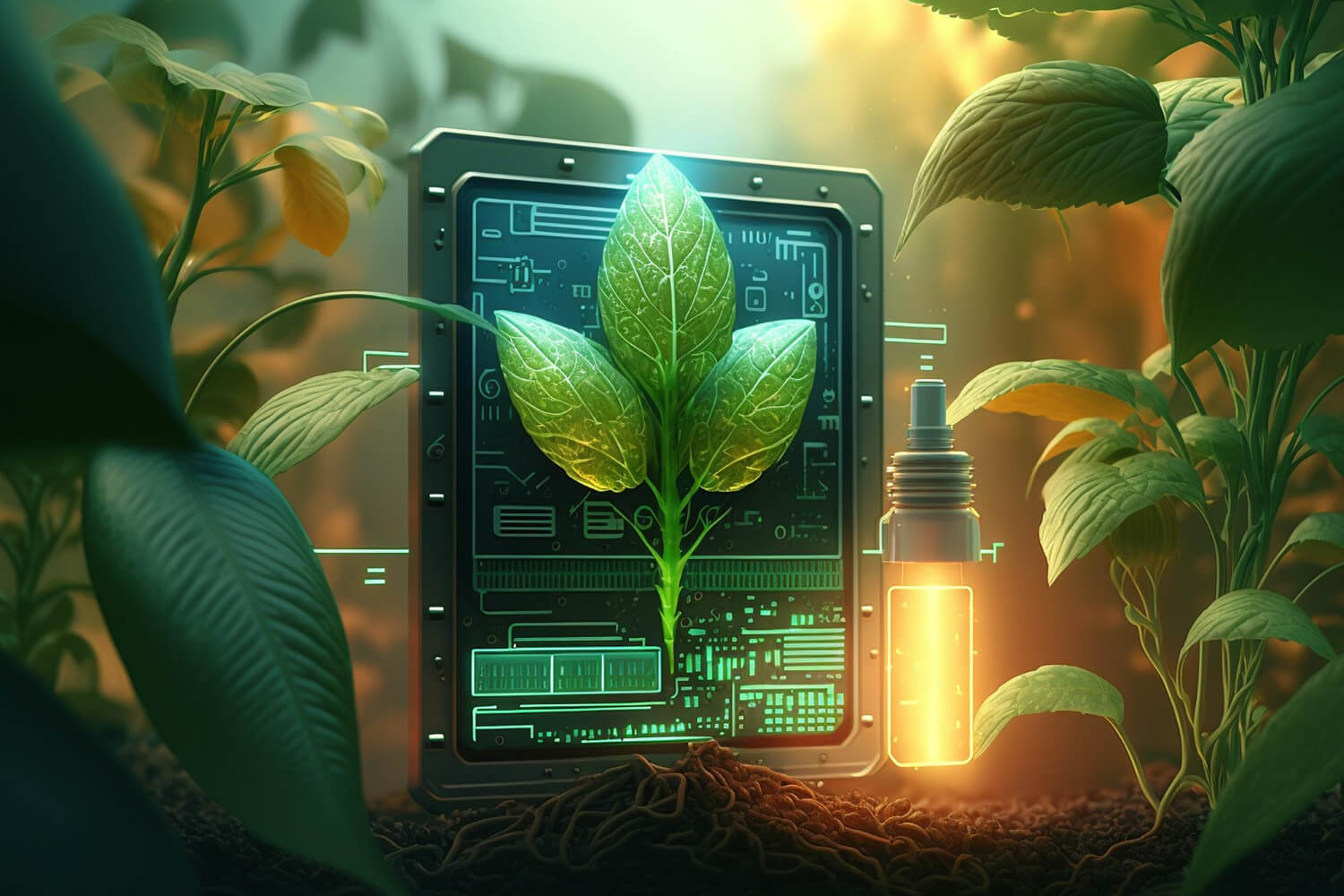A team of researchers from Canada and the United States has initiated a groundbreaking project that aims to transform your smartphone into an advanced tool capable of recognizing cannabis intoxication. By leveraging artificial intelligence, this innovative approach intends to detect cannabis impairment in real time, going beyond traditional methods of testing for substance influence, particularly when it comes to driving.
Current tests available for measuring THC levels often struggle to accurately determine the level of intoxication, which is crucial in situations such as assessing safe driving ability. This pioneering project could prove to be incredibly useful by providing a more precise assessment of actual impairment caused by cannabis consumption.
Understanding Patterns of Cannabis Consumption
To develop the technology for detecting cannabis intoxication through smartphones, the researchers first needed to gain insights into various patterns of cannabis use. They analyzed participants who consumed cannabis on different frequencies, with 24% admitting daily consumption, 9% reporting intake 5-6 times per week, and the majority (66.7%) consuming 2-4 times per week. These findings provided critical information to help draw correlations between the mere presence of THC in the system and actual intoxication.
Such distinctions are of the utmost importance when evaluating scenarios like safe driving ability. It may no longer suffice to rely on rudimentary measurements of THC or vague laws regarding its consumption; a deeper understanding of impairment based on personal usage patterns is essential.
Smartphone Sensors Record Micro-Movements for Analysis
To gather more detailed data, the research team used sensors on participants’ smartphones to meticulously record their micro-movements, including how they held the device. By doing so, the researchers aimed to unveil any subtle or potentially undetected signs of cannabis intoxication. Participants also reported the moment they no longer felt “high,” offering exhaustive data for analysis and potential correlations between usage patterns and impairment levels.
Despite persistent challenges in ensuring the accuracy of user-reported data, the researchers believe this novel approach could have significant benefits in real-world scenarios. By understanding how individual consumption habits influence cannabis intoxication levels, this AI-enabled smartphone technology could revolutionize the way we assess safe driving ability under the influence of controlled substances.
Applications Beyond Driving Safety
Although this research project’s primary focus is improving safe driving assessment methods, the potential applications of such groundbreaking technology could extend beyond road safety. With more accurate detection of cannabis intoxication levels, employers, healthcare providers, and legal professionals can better understand and manage the effects of consumption on workplace productivity, treatment protocols, and legal cases, respectively.
This innovative solution has the potential to reshape our perception and management of cannabis consumption across various sectors, fostering a healthier, safer environment for individuals under its influence.
The Challenges and Ethics of Data Collection
As with any technology that collects and utilizes personal data, concerns about privacy and the ethical implications of monitoring user behavior inevitably arise. The research team must walk a fine line between employing detailed information from participants’ smartphones to gather crucial insights and respecting their privacy.
Furthermore, while working with self-reported data from users presents numerous challenges regarding the accuracy and reliability of such information, it remains essential to ensure transparency and consent among participants. Adopting best practices and stringent data collection and management guidelines will be paramount to successfully implementing this AI-driven technology in real-world scenarios.
Moving Forward: The Future of Cannabis Intoxication Detection
This groundbreaking project by Canadian and US researchers represents a promising step forward in the quest for a more accurate, real-time method of detecting cannabis intoxication levels. As our understanding of the effects of cannabis on individuals continues to grow, so too must our methods for assessing and managing its influence. By harnessing the power of artificial intelligence and sophisticated smartphone sensors, we can move towards a safer, healthier future that acknowledges and adapts to the complexities of controlled substance consumption.





